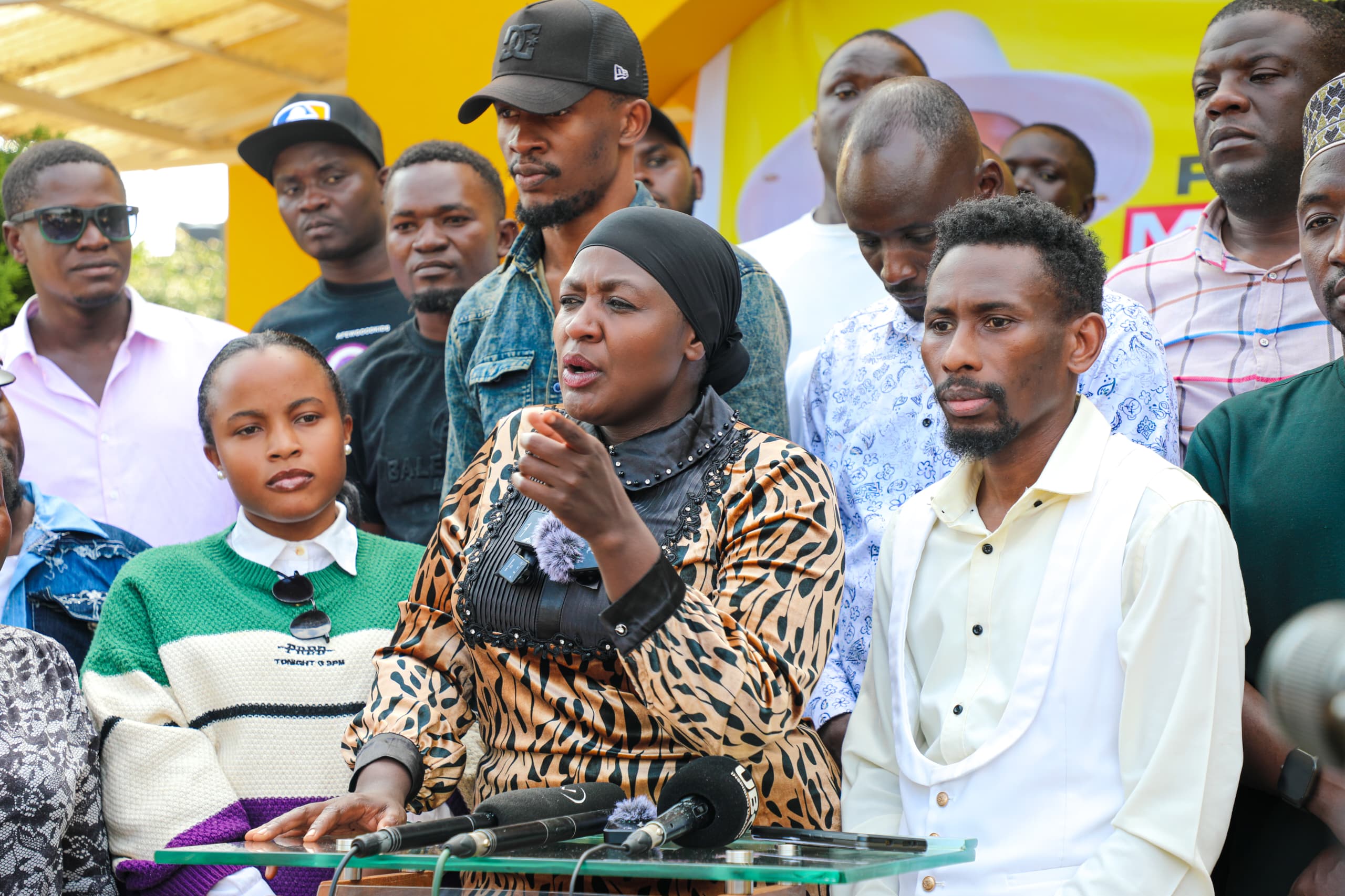Published on 24/06/2025
Nearly two years after it was first tabled, Parliament is finally set to consider the long-awaited report on the Human Assisted Reproductive Technology Bill, 2023—a potential milestone in regulating Uganda’s fast-growing fertility industry, which currently operates without legal oversight.
The Bill, introduced on March 5, 2023, by Tororo District Woman MP Sarah Opendi Achieng, aims to regulate the use of human-assisted reproductive technologies and designate the Uganda Medical and Dental Practitioners Council as the implementing authority. It also seeks to formalize the designation of certified health facilities as fertility centres.

In addition, the Bill proposes the establishment of sperm, oocyte, and embryo banks; outlines procedures for the donation and storage of gametes and embryos; and defines the rights and obligations of individuals involved in assisted reproductive technologies—including the legal status and rights of children conceived through such methods.

Efforts to move the Bill forward stalled in February 2025, when government asked for more time to harmonise its position with that of the private member sponsor. Despite being on the Order Paper for second reading, Deputy Attorney General Jackson Kafuuzi requested a deferral, citing unresolved technical matters and a lack of consensus with the Ministry of Health.
“The Bill has been called. However, I humbly pray that it be deferred briefly to allow the Attorney General’s Chambers and the First Parliamentary Counsel to harmonise a few things,” said Kafuuzi. “There are technical areas we still need to review, including aspects covered by the Ministry of Health.”
This request was met with strong opposition from legislators. Kassanda District Woman MP Flavia Nabagabe criticized the government’s delay as “reckless,” accusing the Attorney General’s office of being unprepared despite ample notice.
“We come to this House ready to work, only to be told—yet again—that the government side isn’t ready. Is it in order for the Attorney General to display such a level of unpreparedness?” Nabagabe asked, before withdrawing her comments at the request of Speaker Anita Among.
Speaker Among also expressed disappointment in the government’s failure to engage in timely harmonisation, highlighting the extensive consultations already undertaken by Parliament’s Health Committee.
“This Bill has been widely consulted on. Institutions like Mulago National Referral Hospital and the Mulago Specialised Women and Neonatal Hospital were involved,” she said. “This is a straightforward Bill—drafted by experienced doctors and gynaecologists. If I give you time, can I have the Bill back on the Order Paper tomorrow?”
Kafuuzi explained that the Ministry of Health had written to the Attorney General on April 9, 2024, requesting a harmonisation meeting with Opendi, but that meeting had never taken place. “I feel uncomfortable proceeding without harmonisation,” he added, “but if the Speaker says we meet tonight and return tomorrow, I’m ready.”
In response, Speaker Anita Among firmly defended Opendi’s constitutional right to present the Bill as a Private Member under Article 94(4)(b) of the Constitution and Rule 121 of the Rules of Procedure.
“Should we stop working because you are too busy? We cannot,” she said, pressing the Attorney General to prioritise reconciliation efforts.
Minister of State for Health (General Duties), Anifa Kawooya, intervened to defuse tensions, assuring Parliament that the Ministry was not opposed to the Bill. “We are not against the Bill. Even if we were not fully consulted, we are ready to harmonise and move forward,” she said.
Opendi welcomed the proposed meeting. “I am not against harmonisation,” she said. “The Committee of Health consulted widely, including the Ministry of Health, and their report supports most provisions in the Bill. We will reconcile and return with a unified position.”
If passed, the Human Assisted Reproductive Technology Bill, 2023, would represent Uganda’s first formal legal framework to guide the use of fertility treatments—an area that has grown in popularity but remains legally unregulated.








